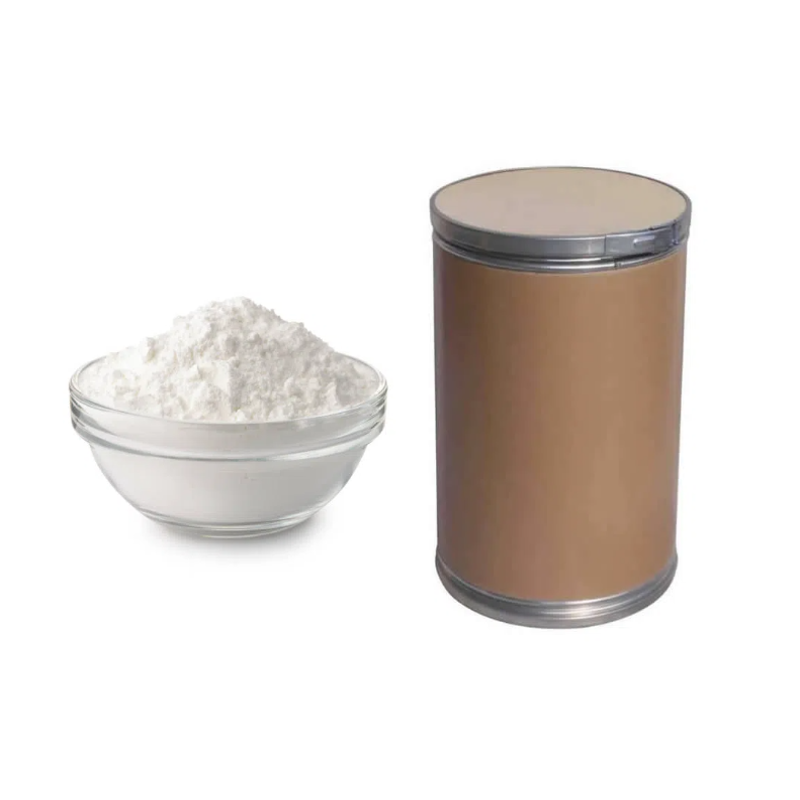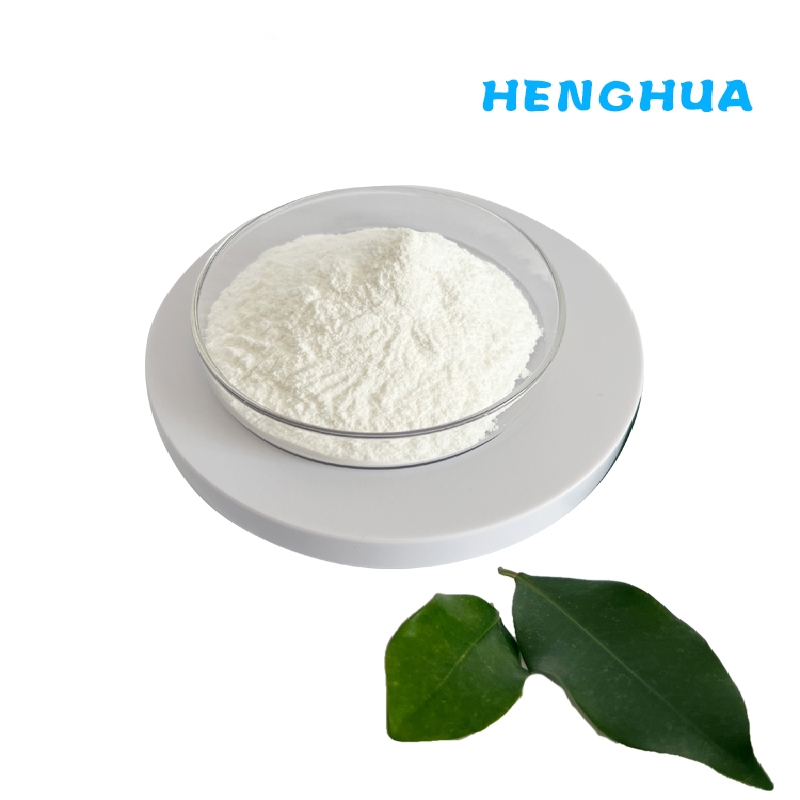-
Categories
-
Pharmaceutical Intermediates
-
Active Pharmaceutical Ingredients
-
Food Additives
- Industrial Coatings
- Agrochemicals
- Dyes and Pigments
- Surfactant
- Flavors and Fragrances
- Chemical Reagents
- Catalyst and Auxiliary
- Natural Products
- Inorganic Chemistry
-
Organic Chemistry
-
Biochemical Engineering
- Analytical Chemistry
-
Cosmetic Ingredient
- Water Treatment Chemical
-
Pharmaceutical Intermediates
Promotion
ECHEMI Mall
Wholesale
Weekly Price
Exhibition
News
-
Trade Service
This article is from NEJM Journal Watch Targeting Advanced Prostate Cancer Patients with PTEN LossPTEN Loss Targeting Therapy of Advanced Prostate Cancer Patients Comment Author: Robert Dreicer, MD, MS, MACP, FASCOAKT and Androgen Receptor Pathway Inhibitors Treatment can prolong the progression-free survival of patients with PTEN deficiency
.
Although the treatment options and survival of patients with metastatic castration-resistant prostate cancer (mCRPC) have improved, there is still no cure for the disease
.
A new generation of therapy targeting the androgen receptor (AR) has shown its value, but resistance to drugs such as abiraterone is common
.
About 50% of mCRPC patients suffer from loss of PTEN tumor suppressor function, which leads to a decrease in the efficacy of AKT signaling and AR blockers
.
The combination of AKT's small molecule inhibitor ipatasertib and abiraterone showed anticancer activity in patients with PTEN deficiency
.
In an international phase 3 study funded by industry, the researchers randomized 1,101 mCRPC patients who had not received previous treatment and were in good physical condition.
The two groups received daily oral abiraterone + prednisolone.
+Placebo treatment or daily oral abiraterone + prednisolone + oral ipatasertib treatment
.
Patients must have a tumor PTEN status result obtained by a validated immunohistochemical test; 47% of patients have PTEN missing
.
The primary endpoint is the imaging-free progression-free survival (rPFS) of the intent-to-treat population and patients with PTEN deficiency
.
The median follow-up period was 19 months
.
In the intention-to-treat population, the median rPFS of the placebo + abiraterone group was 16.
6 months, and that of the ipatasertib + abiraterone group was 19.
2 months (hazard ratio, 0.
84; P=0.
043, which was not significant under the presupposition α=0.
01 Sex)
.
Among PTEN-deficient patients, the median rPFS was 16.
5 months and 18.
5 months, respectively (hazard ratio, 0.
77; P=0.
034, which is significant at the default α=0.
04)
.
The incidence of grade 3 or higher adverse events in the placebo+abiraterone group and ipatasertib+abiraterone group was 39% and 70%, respectively
.
Comment on this excellent study confirming the previous findings that in mCRPC patients with PTEN deficiency, AKT and AR signaling pathway blocker combination therapy (ipatasertib + abiraterone) is superior to AR signaling pathway blocker monotherapy (A Bit Dragon)
.
As the authors pointed out, PTEN loss can be determined by a variety of detection methods, and the best method is not yet clear
.
The combination therapy is more toxic, and the intention-to-treat population does not benefit from it
.
The ultimate utility of this combination therapy has not yet been determined
.
Sweeney C et al.
Ipatasertib plus abiraterone and prednisolone in metastatic castration-resistant prostate cancer (IPATential150): A multicentre, randomised, double-blind, phase 3 trial.
Lancet 2021 Jul 10; 398:131.
(https:/ /doi.
org/10.
1016/S0140-6736(21)00580-8) NEJM Journal Watch is published by NEJM Group.
Internationally renowned doctors are invited to comment on important papers in the medical field to help doctors understand and use the latest developments
.
"NEJM Frontiers of Medicine" is translated several times a week, published on the app and official website, and selected 2-3 articles are published on WeChat
.
Copyright information This article was translated, written or commissioned by the "NEJM Frontiers of Medicine" jointly created by the Jiahui Medical Research and Education Group (J-Med) and the "New England Journal of Medicine" (NEJM)
.
The Chinese translation of the full text and the included diagrams are exclusively authorized by the NEJM Group
.
If you need to reprint, please leave a message or contact nejmqianyan@nejmqianyan.
cn
.
Unauthorized translation is an infringement, and the copyright owner reserves the right to pursue legal liabilities
.
.
Although the treatment options and survival of patients with metastatic castration-resistant prostate cancer (mCRPC) have improved, there is still no cure for the disease
.
A new generation of therapy targeting the androgen receptor (AR) has shown its value, but resistance to drugs such as abiraterone is common
.
About 50% of mCRPC patients suffer from loss of PTEN tumor suppressor function, which leads to a decrease in the efficacy of AKT signaling and AR blockers
.
The combination of AKT's small molecule inhibitor ipatasertib and abiraterone showed anticancer activity in patients with PTEN deficiency
.
In an international phase 3 study funded by industry, the researchers randomized 1,101 mCRPC patients who had not received previous treatment and were in good physical condition.
The two groups received daily oral abiraterone + prednisolone.
+Placebo treatment or daily oral abiraterone + prednisolone + oral ipatasertib treatment
.
Patients must have a tumor PTEN status result obtained by a validated immunohistochemical test; 47% of patients have PTEN missing
.
The primary endpoint is the imaging-free progression-free survival (rPFS) of the intent-to-treat population and patients with PTEN deficiency
.
The median follow-up period was 19 months
.
In the intention-to-treat population, the median rPFS of the placebo + abiraterone group was 16.
6 months, and that of the ipatasertib + abiraterone group was 19.
2 months (hazard ratio, 0.
84; P=0.
043, which was not significant under the presupposition α=0.
01 Sex)
.
Among PTEN-deficient patients, the median rPFS was 16.
5 months and 18.
5 months, respectively (hazard ratio, 0.
77; P=0.
034, which is significant at the default α=0.
04)
.
The incidence of grade 3 or higher adverse events in the placebo+abiraterone group and ipatasertib+abiraterone group was 39% and 70%, respectively
.
Comment on this excellent study confirming the previous findings that in mCRPC patients with PTEN deficiency, AKT and AR signaling pathway blocker combination therapy (ipatasertib + abiraterone) is superior to AR signaling pathway blocker monotherapy (A Bit Dragon)
.
As the authors pointed out, PTEN loss can be determined by a variety of detection methods, and the best method is not yet clear
.
The combination therapy is more toxic, and the intention-to-treat population does not benefit from it
.
The ultimate utility of this combination therapy has not yet been determined
.
Sweeney C et al.
Ipatasertib plus abiraterone and prednisolone in metastatic castration-resistant prostate cancer (IPATential150): A multicentre, randomised, double-blind, phase 3 trial.
Lancet 2021 Jul 10; 398:131.
(https:/ /doi.
org/10.
1016/S0140-6736(21)00580-8) NEJM Journal Watch is published by NEJM Group.
Internationally renowned doctors are invited to comment on important papers in the medical field to help doctors understand and use the latest developments
.
"NEJM Frontiers of Medicine" is translated several times a week, published on the app and official website, and selected 2-3 articles are published on WeChat
.
Copyright information This article was translated, written or commissioned by the "NEJM Frontiers of Medicine" jointly created by the Jiahui Medical Research and Education Group (J-Med) and the "New England Journal of Medicine" (NEJM)
.
The Chinese translation of the full text and the included diagrams are exclusively authorized by the NEJM Group
.
If you need to reprint, please leave a message or contact nejmqianyan@nejmqianyan.
cn
.
Unauthorized translation is an infringement, and the copyright owner reserves the right to pursue legal liabilities
.







